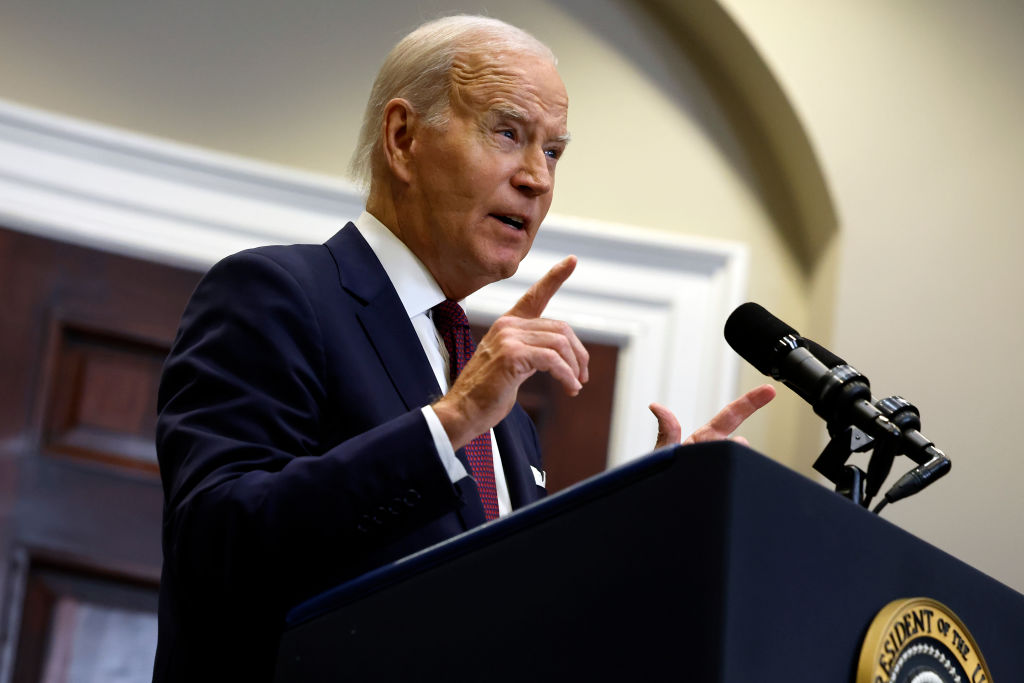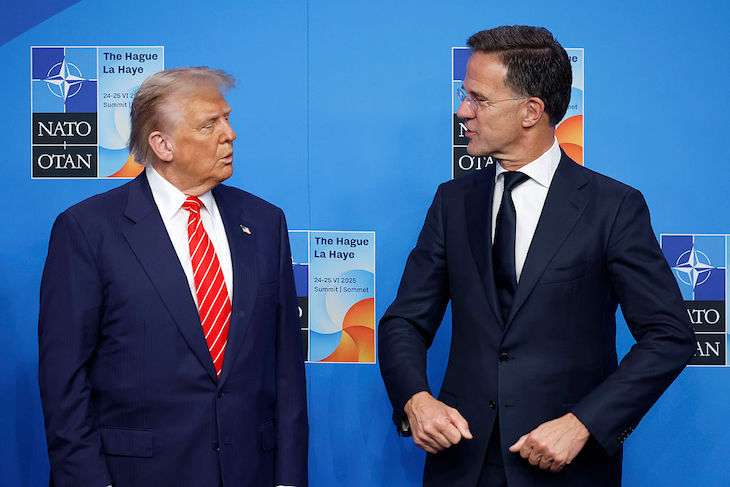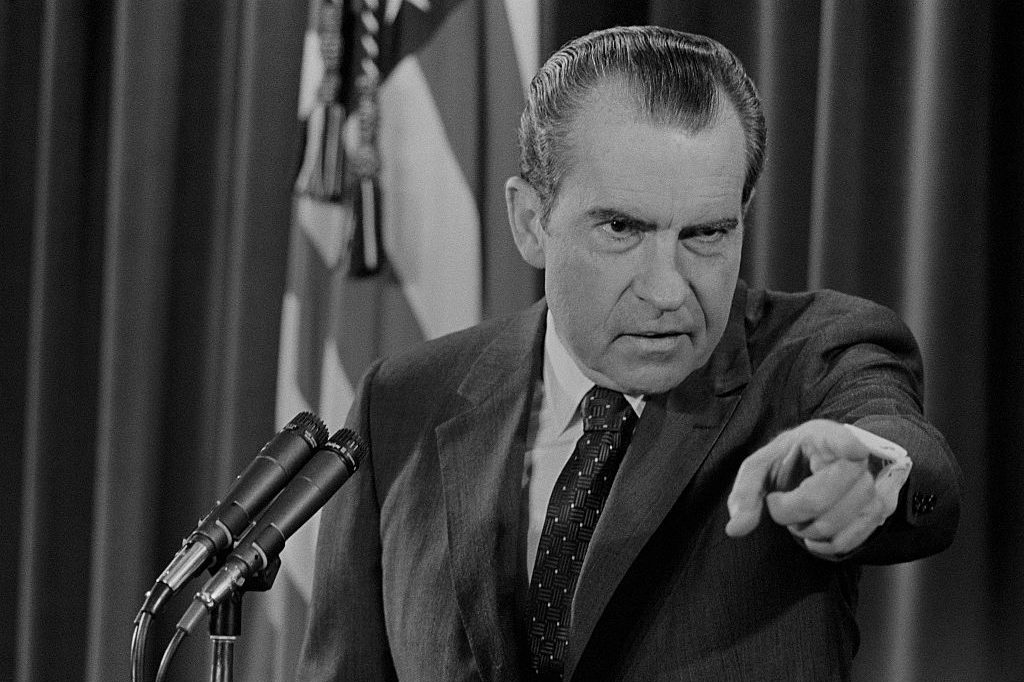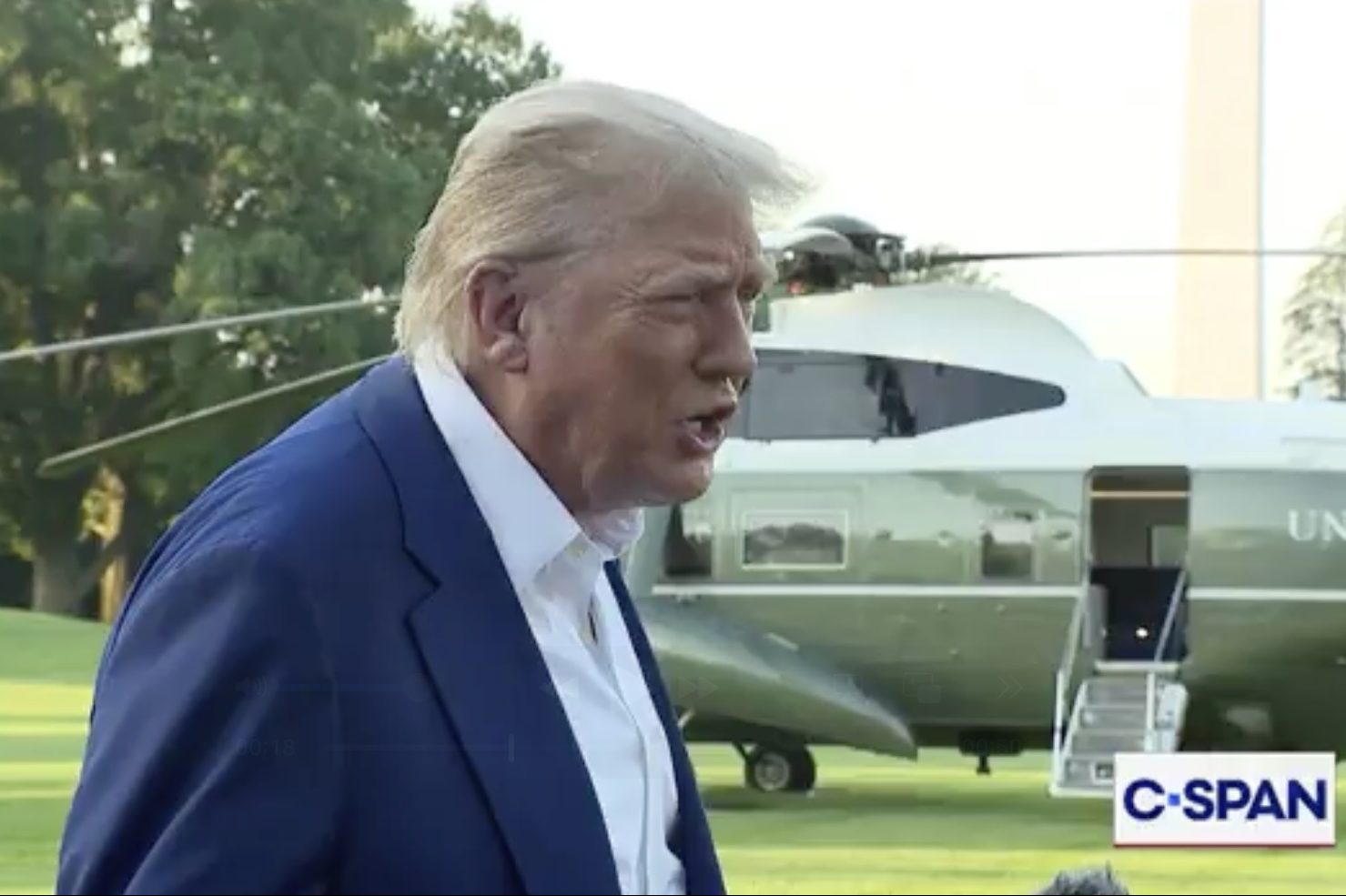President Joe Biden is either not being briefed on what is going on in Afghanistan, or more likely choosing not to believe what he is being told. In an unscripted aside at the end of a press conference on Friday he said, “Remember what I said about Afghanistan? I said al-Qaeda would not be there. I said we’d get help from the Taliban. What’s happening now? What’s going on? Read your press. I was right.”
The president was not right. In fact, he was wrong. What he was referring to was a commitment by the Taliban to support operations against international terrorists operating in Afghanistan. Not only has that commitment been broken, but links between the Taliban and al-Qaeda are said to be “strong and symbiotic,” with al-Qaeda now “rebuilding operational capability” from its base in Afghanistan. So close are the ties that the Afghan ministry of defense now uses al-Qaeda training manuals.
This has all been outlined in a UN report published last month which could not have been clearer:
Promises made by the Taliban in August 2021 to be more inclusive, break with terrorist groups, respect universal human rights, grant a general amnesty and not pose a security threat to other countries seem increasingly hollow, if not plain false, in 2023.
Biden appealed to people to “Read your press”; that UN report was indeed reported in the press, including the (US-government funded) Voice of America news network only four days before he spoke. It was published under the headline: “Taliban flouts terrorism commitments by appointing al-Qaeda-affiliated governors.” It is hard to know how this was missed by his staff.
The disconnect between the president’s wishful thinking and reality is caused by his continuing need to justify the disastrous withdrawal from Afghanistan and its consequences. They have not only been terrible for the people of the country, ending all opportunities for women and girls, but turned Afghanistan once again into a crucible for international terrorists.
The UN report says that more than twenty groups now operate under Taliban protection, with secure training camps and passports for fighters. This is all in plain sight.
Some of the training camps full of foreign fighters can be seen in former international bases close to the center of Kabul on the Jalalabad road. Many of the groups are opposed to governments in neighboring countries, including China, Pakistan and Uzbekistan, developing into what the UN calls a “serious threat to Central Asia in the longer term.”
The threat has ended the illusions that other countries who were prepared to work with the Taliban, opening embassies and looking for commercial opportunities, may have had. Saudi Arabia, Russia and Iran have all downgraded their embassies. The former Iranian ambassador to Kabul, Mohammad Reza Bahrami, tweeted that the “inevitable deepening of internal rifts between the Taliban factions” made recognition less likely. They are all now planning for a different future, realizing that Taliban divisions may fracture their power.
The UN report suggested that units, including suicide bombers, have been brought back to Kandahar. This is, of course, where Taliban leader Hibatullah Akhunzada’s power base lies and this redeployment may be an attempt to defend him, as Akhunzada fears opposition from the Haqqani network, who control Kabul. Arguments over diminished takings from the drugs trade after the Taliban successfully imposed a ban on poppy growing will increase later this year when stocks diminish.
The West is making a big mistake if the narrative of a potential post-Taliban future for Afghanistan is to be written by Iran, Russia and China. Other countries in the region are searching for clients who may provide an alternative to the Taliban. Nevertheless, there has not been much western government support even for non-violent opposition groups, trying to keep the flame of reform alight, let alone for the armed groups who are now taking on the Taliban.
American citizens do not all share the defeatism of their government. A former head of Afghan special forces, General Sami Sadat, has spent most of this year in the United States, getting support from veterans’ groups and others, as he puts together plans for a fightback. He has described Biden’s stance on wanting Taliban support against terrorists as “moral bankruptcy.” Biden’s blindness to reality means that a coherent American approach is not likely in the short term.
This article was originally published on The Spectator’s UK site. Subscribe to the World edition here.

























